Zoology - Human Reproduction: Summary | 12th Zoology : Chapter 2 : Human Reproduction
Chapter: 12th Zoology : Chapter 2 : Human Reproduction
Human Reproduction: Summary
Summary
Reproduction is a
process which helps in the continuity and maintenance of a species. Human
beings are sexually reproducing and viviparous. The reproductive events include
gametogenesis, insemination, Fertilisation, cleavage, implantation,
placentation, gastrulation, organogenesis and parturition.
The female reproductive
system consists of a pair of ovaries, a pair of oviducts, uterus, cervix,
vagina and external genitalia. The male reproductive system consists of a pair
of testes, a pair of duct system, accessory glands and external genitalia
called penis.
The process of formation
of gametes in the male is called spermatogenesis and in the female is called
oogenesis. The reproductive cycle in females is called menstrual cycle and it
is initiated at puberty. The ovum released during the menstrual cycle is
fertilized by the sperm and the zygote is formed.
Zygote undergoes
repeated mitotic division and the blastocyst is implanted on the walls of the
uterus. It takes about 280 days or 40 weeks for the entire development of the
human foetus and it is delivered out through the process of child birth or
parturition. The new born baby is breast fed by the mother.
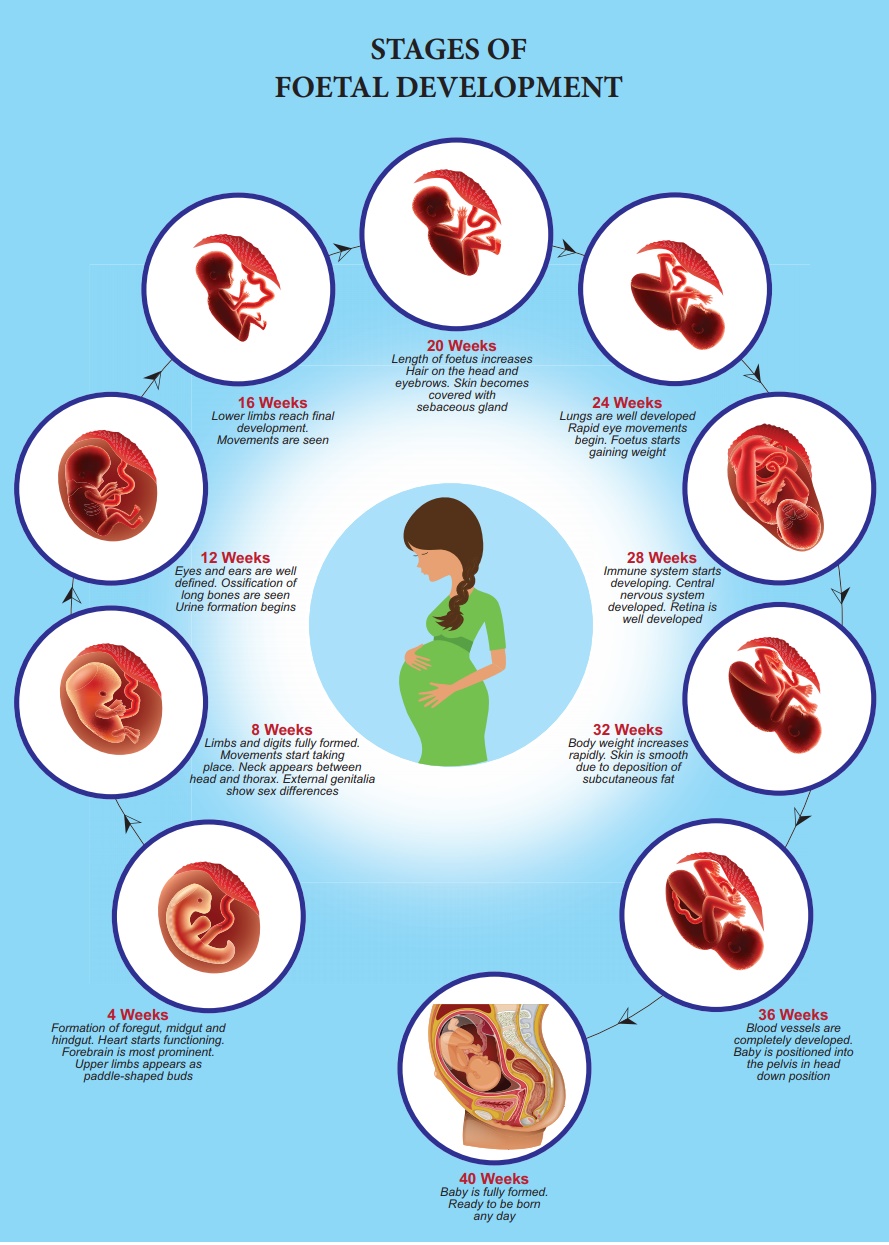
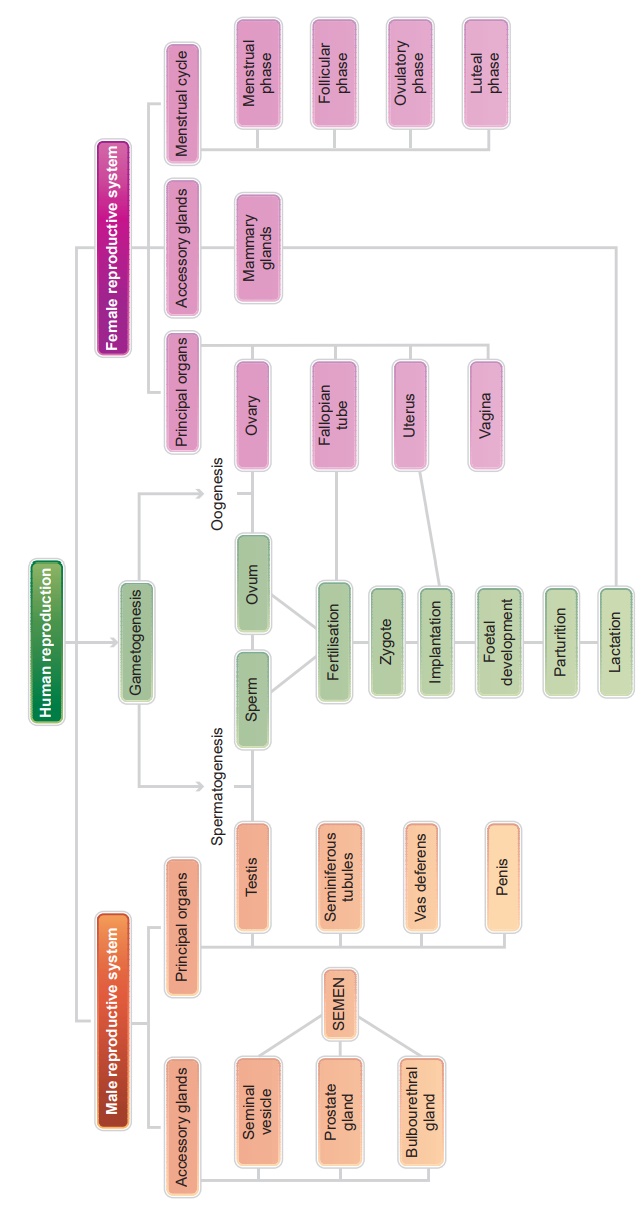
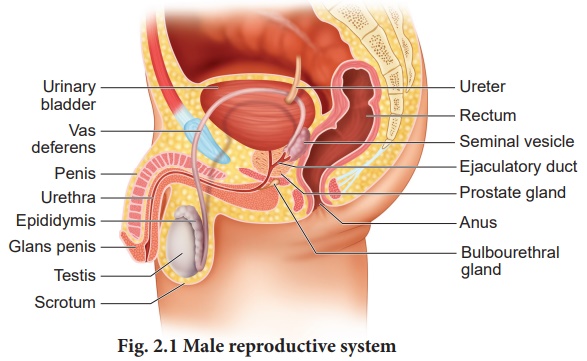
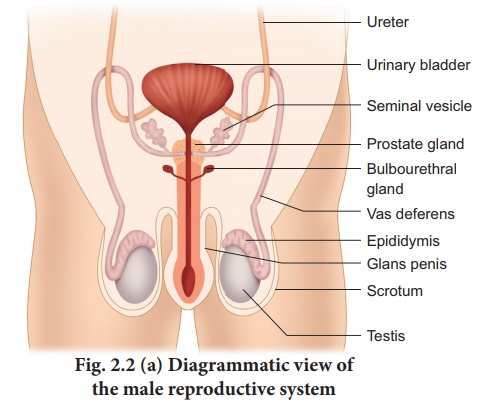
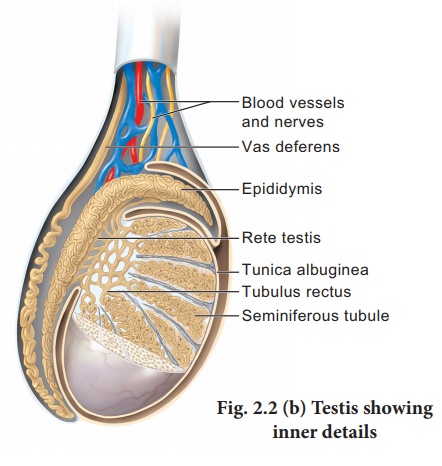
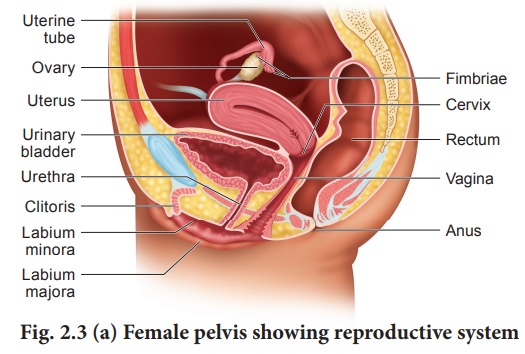
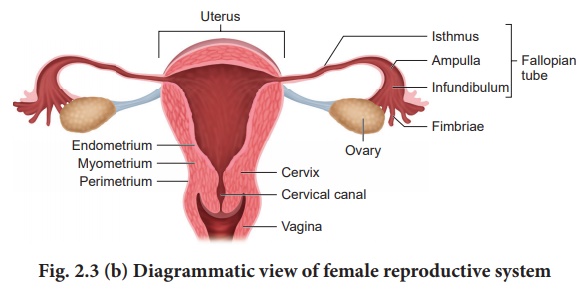
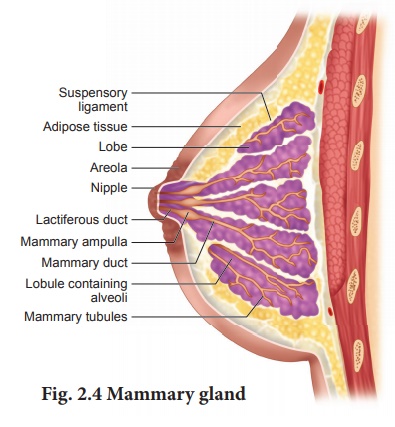
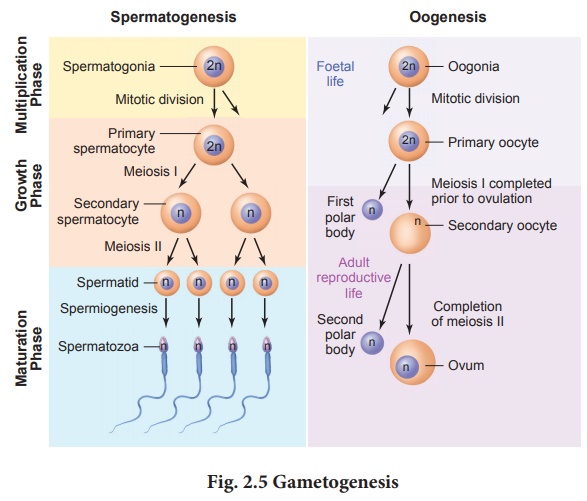
Related Topics